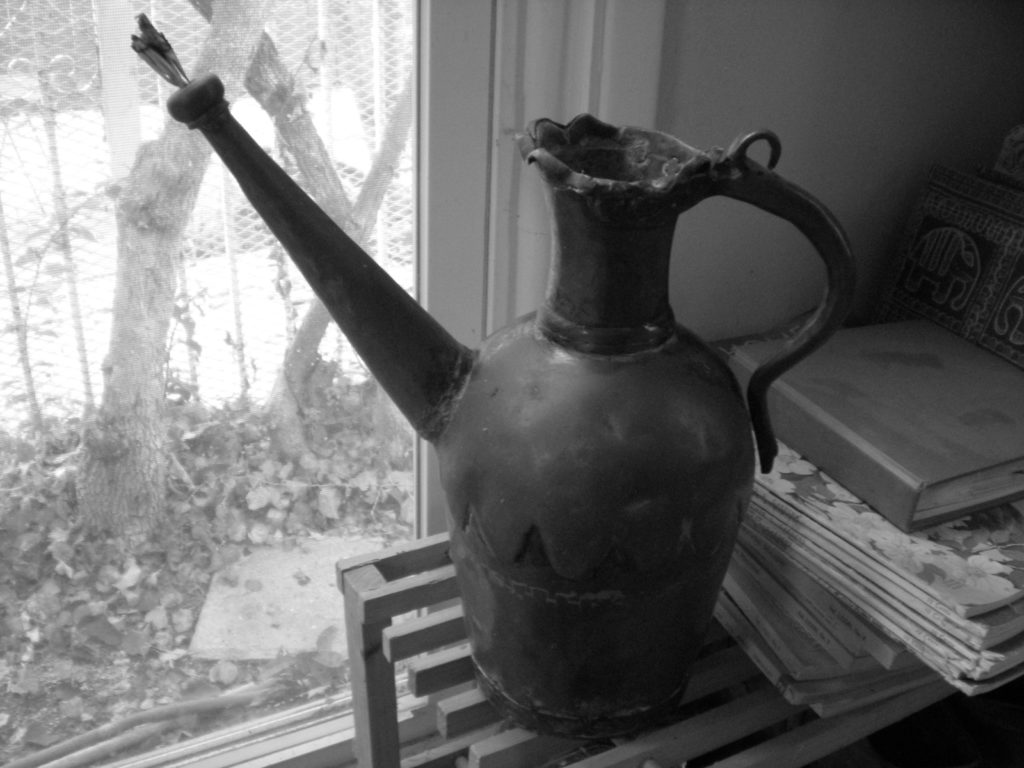UNITED STATES—My parents and sister showed up on my doorstep in Los Angeles to tell me Mick, my cousin had died. I didn’t even know he was sick. No funeral, they told me; the preacher at the gravesite made mention of how young he was— the Savior’s age, 33.
A lot of things have gone my way, but Mick’s going wasn’t one of them. That wasn’t supposed to happen. But there was a mercy for me in not knowing about his illness (euphemistically described as short one in his orbit).
In spring 1990, a couple months before his death, my parents were driving near Taft, on their way to or from somewhere, and they decided to drop in. Till now my aunt had masked over his health issues. By the time my parents dropped in, Mickey was in the back bedroom and he was so skinny that his skull was already showing through. My dad, who almost became a doctor, said one look told him my cousin wasn’t long for this world. It must be horrible to be there nearly bed bound and take in the horrified looks of visitors who aren’t very good actors, but they’re trying to plaster a smile over the shock, which I saw re-reflected in Dad’s eyes in Los Angeles at the doorstep, and I knew he had seen something he had never wanted to see.
Mickey belonged to a generation that had to leave the small town and go to the city. In his case, Los Angeles. Most of his adult life he spent in Los Angeles—downtown as a college student, Barham Boulevard as a young man, and later West Hollywood. In the end he lived on Kings Road, in a very nice apartment with his partner. I didn’t see much of him as I lived on the other side of the tracks, by 23rd and Figueroa, immersed in my screenplay
My parents and sister gave me the story: Mick returned home the Thanksgiving before. He made one last brave trip back over the grapevine, his legs barely strong enough to handle brakes and gas, and practically collapsed upon arrival at his parents’. He’d sold everything he had, all his antique furniture, his player grand piano.
After he died they burned his mattress and all the bed clothes. Nobody really knew fully about AIDS, even by 1990, and you can imagine how spooked the medical professionals were in an isolated oiltown like Taft.
Of course Mickey was gay. Though he didn’t speak of it, even to me. I was a kind of provocateur, wanting to press him, when he wasn’t wanting to be pressed, or maybe he was ultimately aware of the kind of influence he could have had over me. He had nothing to be ashamed of. He was handsome and I’m sure he got plenty of attention. I do know he wanted more things in life, had dreams and plans, then left they earth before they could be realized. He was fun to talk to and I can credit him, six years older than I, for filling my head early with the arcane and sophisticated vocabulary related to the antiques that became his career, peppered by some 70s ghetto slang. My epitaph for him: To die for love or sex is better than dying for war.
When Mick was gone there would be no one in my family around to share things and experience an almost a sibling one upsmanship. (I always imagined we’d go to Chasen’s the day a literary journal accepted my first story.) A grand generosity marked him. I still have many of the cool gifts he gave me—an antique Carter ink bottle from an old schoolhouse, a wind-up phonograph from my grandparents’ honeymoon, a bronze vessel from the Mideast that appears to be a biblical antiquity. I have it now in L.A. after finding it at my parents’ house. I always valued it as it was, and then my mom tried to spoil my innocence saying that Mick had been snickering behind my back about the vessel being a urinal for a caravan. I love truth. Maybe it was Mick’s joke from beyond the grave, and instead of diminishing its value, I treasure this gift all the more.
He lived a lot in his 33 years, and gave a lot. The greatest gift Mickey gave me has been the rest of my life in a way I could never have conceived. A big, unimaginable chunk of life that neither of us could have imagined.
Grady Miller is a humorist. He lives in Hollywood.






